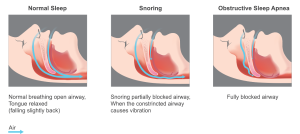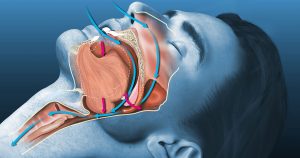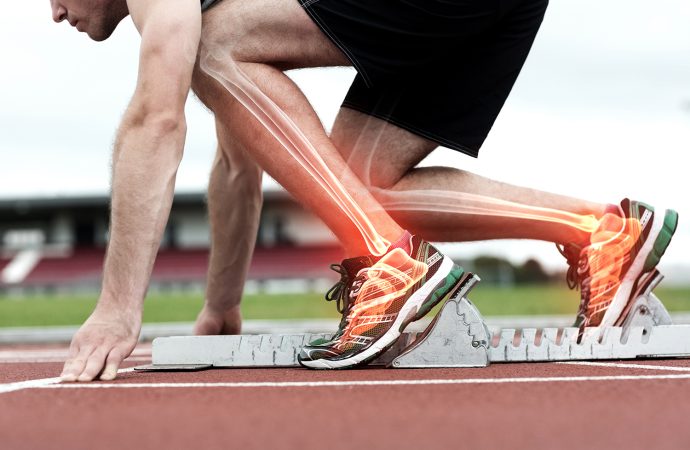Understanding Sleep Apnea Sleep apnea is a common sleep disorder characterized by pauses in breathing or shallow breaths during sleep Bones and Teeth Weak. There are three main types: obstructive sleep apnea (OSA), central sleep apnea (CSA), and mixed sleep apnea. Explore More About (Kidney Health Food And Veggies) Obstructive Sleep Apnea (OSA) Obstructive sleep
Understanding Sleep Apnea
Sleep apnea is a common sleep disorder characterized by pauses in breathing or shallow breaths during sleep Bones and Teeth Weak. There are three main types: obstructive sleep apnea (OSA), central sleep apnea (CSA), and mixed sleep apnea. Explore More About (Kidney Health Food And Veggies)
Obstructive Sleep Apnea (OSA)
Obstructive sleep apnea occurs when the muscles in the throat relax excessively during sleep, leading to the narrowing or complete closure of the airway.
Central Sleep Apnea (CSA)
Central sleep apnea is when the brain fails to send the appropriate signals to the muscles controlling breathing, with no physical obstruction in the airway.
Mixed Sleep Apnea
Mixed sleep apnea, or complex sleep apnea, is a combination of obstructive and central sleep apnea.

Image by: yendex.com
The Link Between Sleep Apnea and Weak Bones
Recent research has shown a connection between sleep apnea and osteoporosis, characterized by Bones and Teeth Weak
Hormonal Imbalance
- Sleep apnea disrupts hormonal balance, affecting calcitonin levels crucial for bone formation.
Inflammation and Oxidative Stress
- Chronic inflammation and oxidative stress from sleep apnea accelerate bone resorption.
Disrupted Sleep Architecture
- Fragmented sleep from sleep apnea impairs normal bone remodeling processes.
Impact of Sleep Medications
- Some medications for sleep apnea can interfere with bone metabolism.

Image by: yendex.com
Dental Implications of Sleep Apnea
Sleep apnea also affects dental health, leading to teeth grinding and TMJ disorders.
Teeth Grinding (Bruxism)
- Bruxism in sleep apnea causes excessive wear and tear on teeth and jaw pain.
Temporomandibular Joint (TMJ) Disorders
- Sleep apnea exacerbates TMJ symptoms like jaw pain and limited mobility.
Sleep Apnea and Bone Health
| Aspect | Sleep Apnea | Impact on Bone Health |
|---|---|---|
| Hormonal Imbalance | Disruption of calcitonin levels | Impairs bone formation |
| Inflammation and Stress | Chronic inflammation and oxidative stress | Accelerates bone resorption |
| Sleep Architecture | Fragmented sleep patterns | Impairs bone remodeling |
| Medications | Some medications interfere with bone metabolism | Increase risk of osteoporosis |
Conclusion
Sleep apnea not only affects breathing during sleep but also has profound implications for bone and dental health. Understanding these connections is crucial for comprehensive management and improving outcomes for individuals with sleep apnea.
















